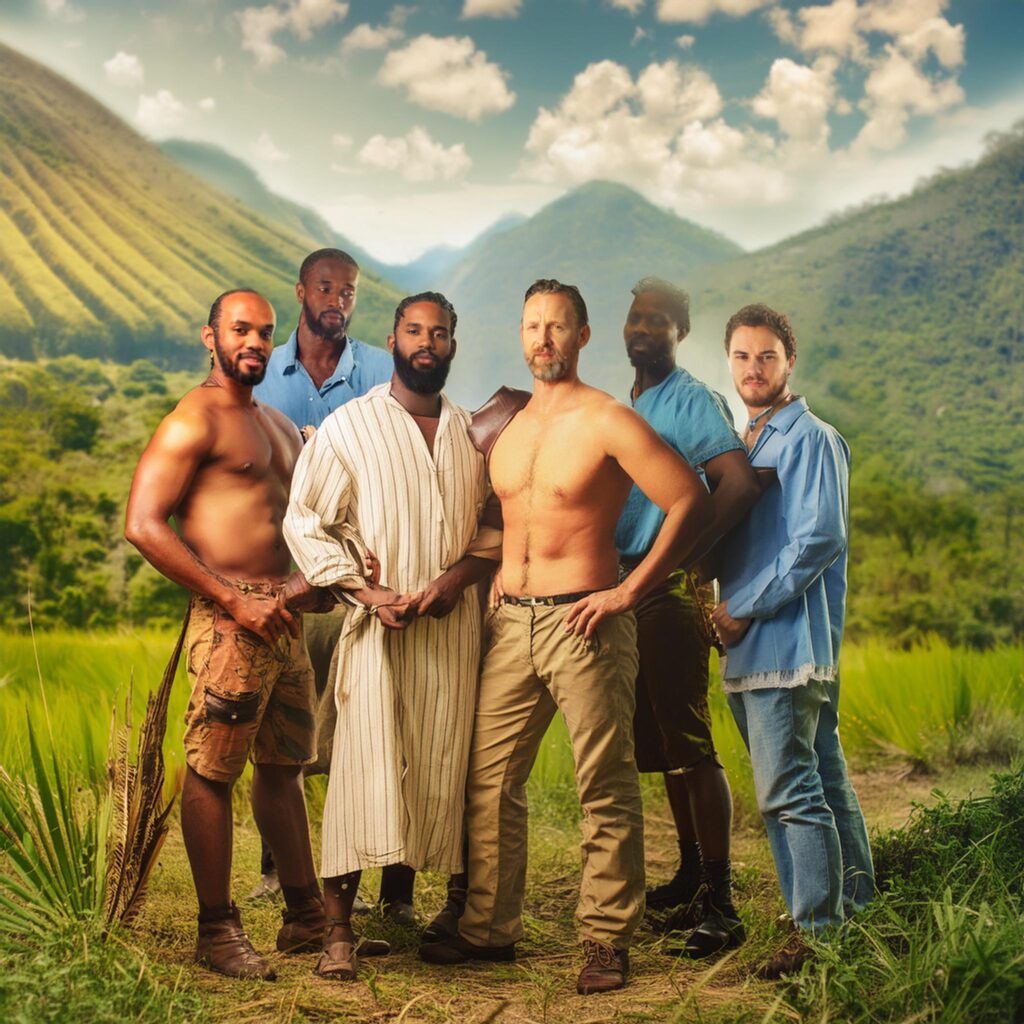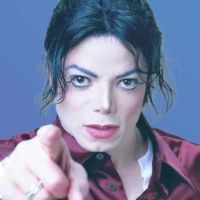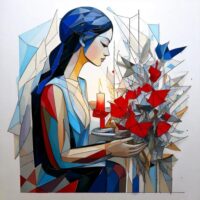
|
Getting your Trinity Audio player ready...
|
In an increasingly interconnected world, it is easy to feel lost amidst the vastness of information and experiences. Yet, beneath the apparent diversity, there exists a universal narrative that unites us: the quest for meaning, love, happiness, and belonging. This concept is not new; it has been pondered and explored by great philosophers throughout history.
Plato, in his “Allegory of the Cave,” argued that our perceptions of reality are limited and distorted, and that true knowledge comes from seeking a deeper understanding of ourselves and the world around us. This journey of self-discovery is a recurring theme in diverse cultures and epochs. Each individual, while treading their own path, encounters challenges, joys, sorrows, and transformations. This experience, though unique to each, resonates with us all, as we share the same human essence.
Aristotle, in his “Nicomachean Ethics,” emphasized the importance of virtue and character in achieving a fulfilling life. He believed that happiness is not simply a matter of pleasure or external success, but rather a result of living in accordance with our true nature as rational and social beings. This pursuit of a meaningful life is another question that permeates the human experience. Each of us seeks answers to the big questions of existence: who are we, where do we come from, where are we going, and what is our purpose.
Friedrich Nietzsche, in his “Thus Spoke Zarathustra,” challenged traditional notions of morality and religion, urging individuals to embrace their own unique values and perspectives. He celebrated the human capacity for creativity, self-overcoming, and the pursuit of personal greatness. This overcoming of challenges is another fundamental aspect of the human journey. We all face obstacles at different points in life, whether in the personal, professional, or social sphere.
Søren Kierkegaard, in his “The Sickness Unto Death,” explored the existential angst and despair that can arise from our awareness of our own mortality and freedom. He argued that true faith requires a leap of faith, a willingness to embrace the unknown and the uncertain. This vulnerability is an inherent characteristic of the human condition. We are all susceptible to errors, weaknesses, and insecurities.
In the words of Jean-Paul Sartre, “We are condemned to be free.” This freedom, while empowering, also brings with it a burden of responsibility. We are the authors of our own lives, and our choices shape who we become. This awareness of our own agency can be both exhilarating and terrifying.
The same story of the entire world is the story of our shared humanity. It is the story of our quest for meaning, love, happiness, and belonging. It is the story of our overcoming challenges, of our vulnerability, and of our capacity to love and be loved. By recognizing this universal narrative, we are able to build a more compassionate, empathetic, and connected world. A world where each individual feels valued and belonging, and where we all can flourish in our journey of self-discovery.











